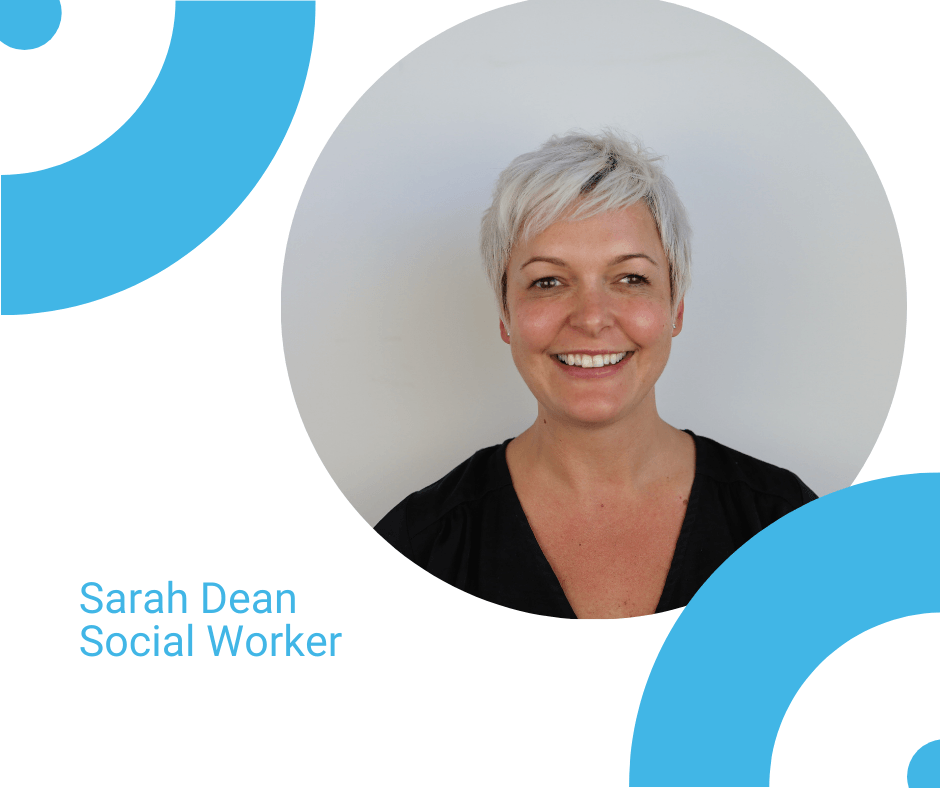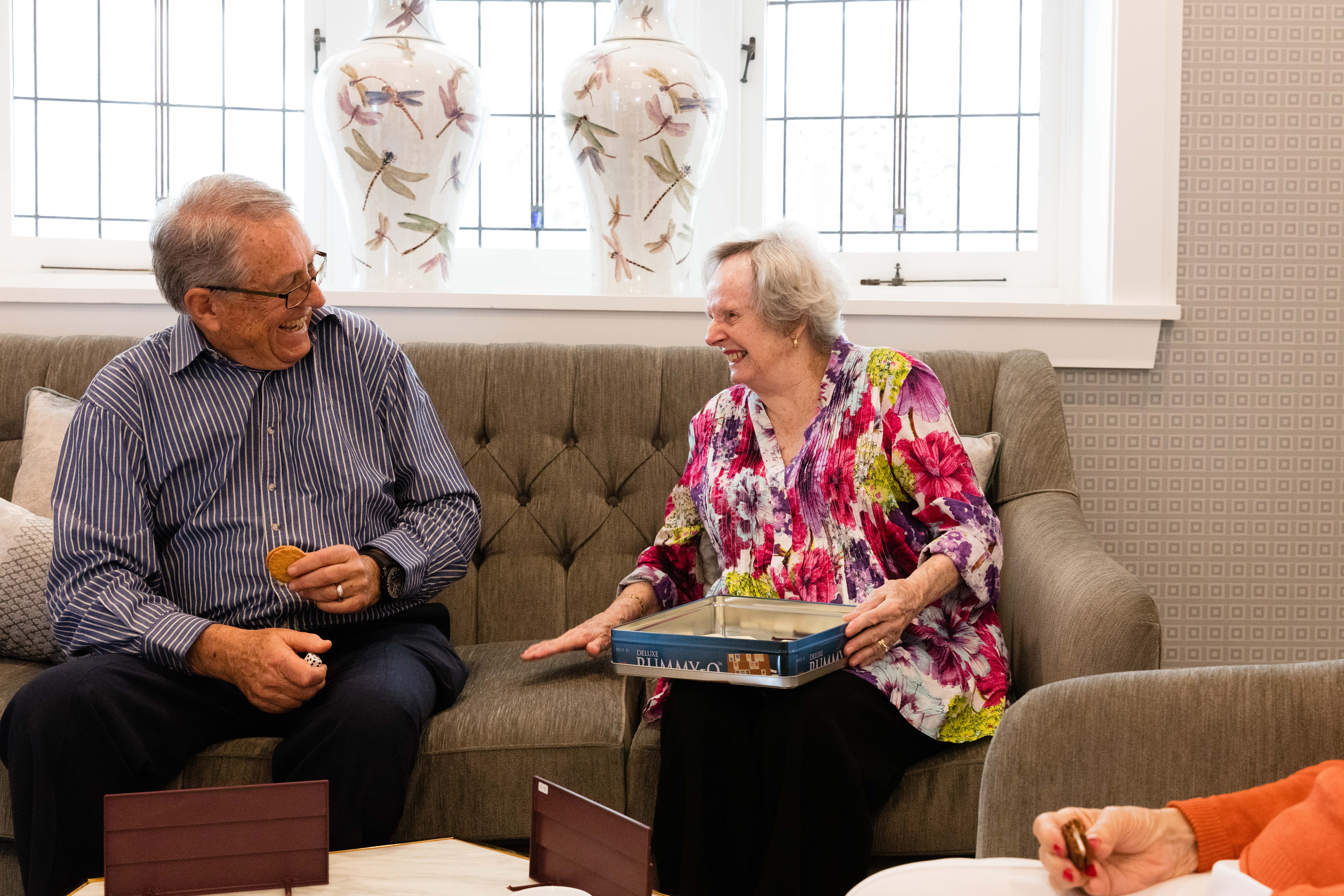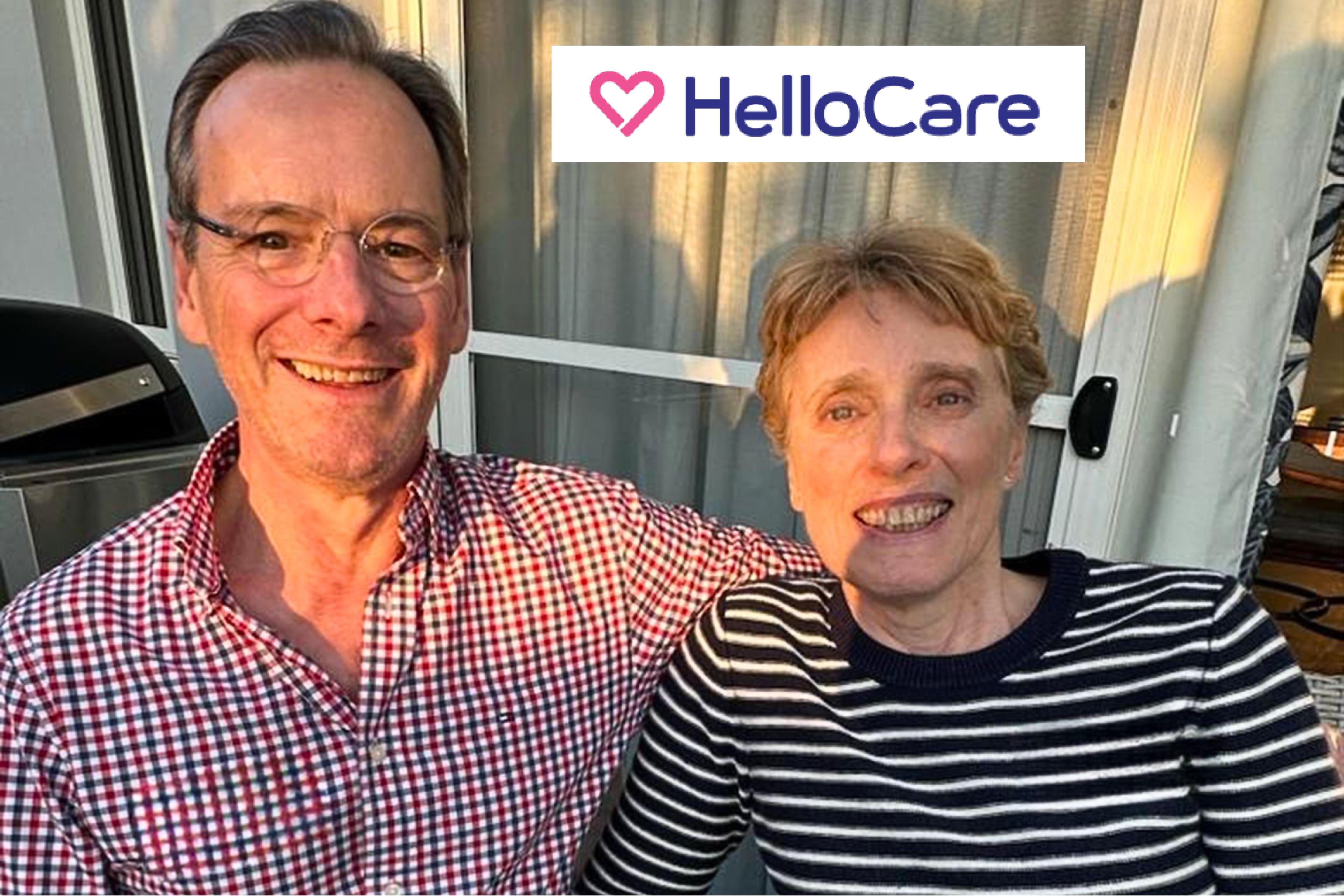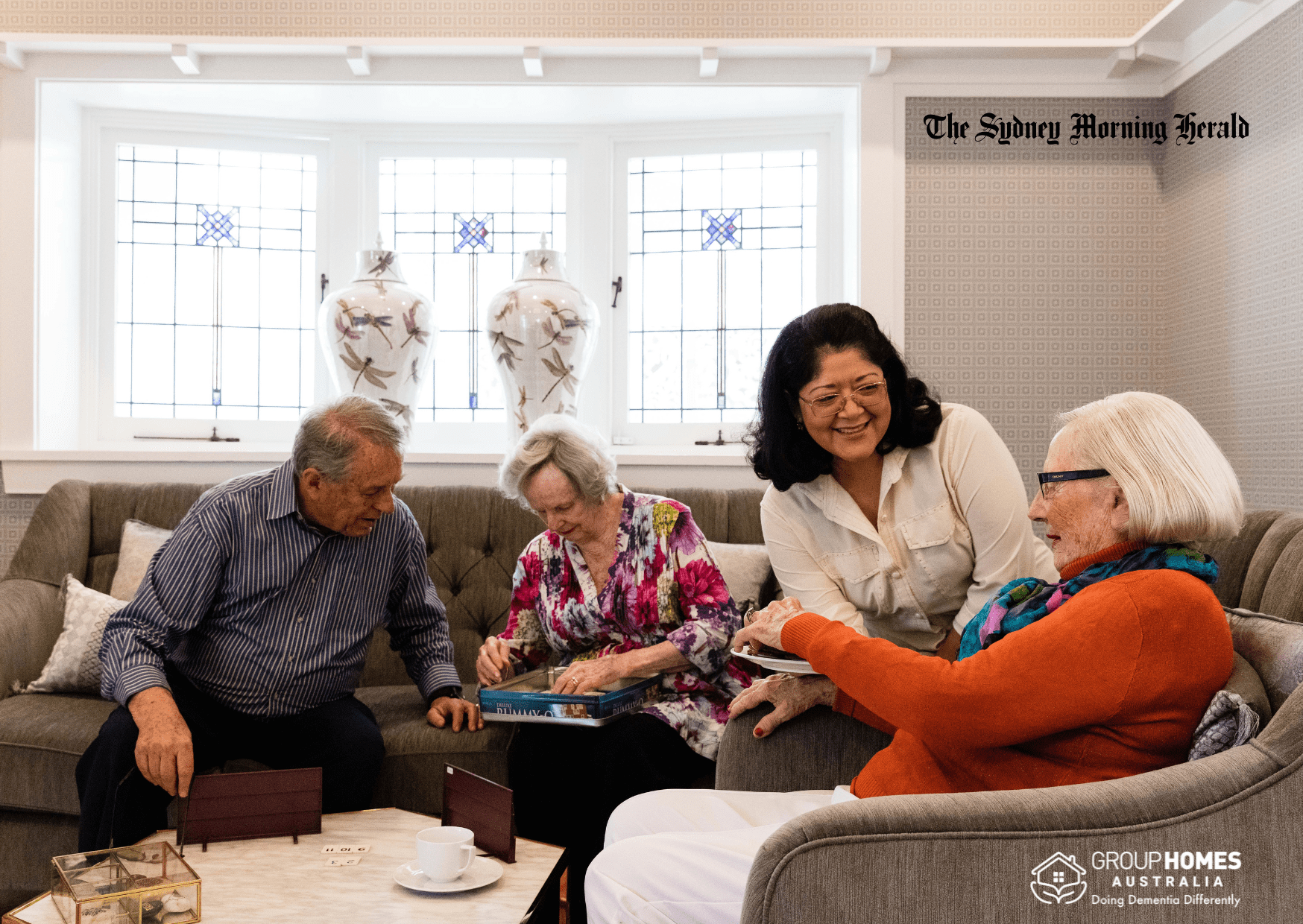Why do we have a Social worker at Group Homes Australia?
Getting diagnosed with dementia, doctors will often give a diagnosis and book to see you 6 months later. The family and the person that have received a bombshell of news will go home and need to figure out how to learn to live with this diagnosis, and what changes and support need to be put in place in order to make this happen. Sadly, too manly families will go home and learn to suffer with dementia rather than live with dementia. We have found that focusing on the diagnosis, you will miss out on half of the evolving, everchanging vulnerabilities, anxieties, fears and anticipation of the unknown. There is more to a diagnosis than just the clinical prognosis. There is an entire emotional journey and experience that the family and the person living with dementia will go on.
As a social model, we believe in supporting people with their emotional needs to co-exist with their clinical needs and attend to both with the same level of importance. At GHA we have found that the social worker will emotionally support families, residents and the team to walk this path, beyond their clinical needs.
Our Social Worker: Sarah
Sarah started her career working as a lifestyle officer in an palliative and psychiatric ward in an aged care facility. She saw many people come in and out with no family and no support, who were alone on their journey. By this point, she was studying a Bachelor of Counselling, and working in the facility is what made her want to specialize in aged care.
After competing her Master in Social Work she took various diverse paths to gain experience such as working in community mental heath, community aged care and the Aged Care Quality Safety Commission, only to find her perfect role at Group Homes Australia.
What does a social worker do day to day at Group Homes Australia?
The social worker role at Group Homes Australia is very diverse, and involves Sarah supporting families, residents and the team everyday. She supports families through our entire admission process, and continues to support them throughout their loved ones journey with us.
It’s hard to know when it might be time for your loved one to move into care. Sarah helps families juggle this decision and come to terms with their loved ones diagnosis, and what that may mean for their family, as well as providing tips and advice on how to approach the subject of moving into care. She also supports people living with dementia to help them understand what their diagnosis means for them, and to make sure they know that they are not alone on their journey.
Sarah attends all assessments with future residents to provide support and understand each individual person. During this process, Sarah and one of our Registered Nurses will learn about a persons life story and what makes them unique. It is then their job to communicate this to our Homemakers prior to admission so that they can make our new resident feel welcomed into their new home, and continue to support them to live beyond their diagnosis.
As well as supporting the residents and family members during the admission and post admission process, on any given day Sarah could be conducting family meetings, getting to know and engaging residents, or working with our Registered Nurses to provide the best clinical and emotional support for our residents. No two days are the same for Sarah, and her role is crucial to our social model, and supporting residents to flourish beyond their diagnosis.
If we can assist with answering any further questions, please don’t hesitate to contact our Resident Relations Manager for support on 1300 953 196 or email Group Homes Australia Home Support Office. The Group Homes Australia (GHA) care model is firmly built on the belief that people living with dementia thrive in a home environment. GHA homes are ordinary homes, on ordinary suburban streets, where 6 to 10 residents live together. Residents have 24-hour care, provided by a team of staff that we call ‘Homemakers’.







0 Comments